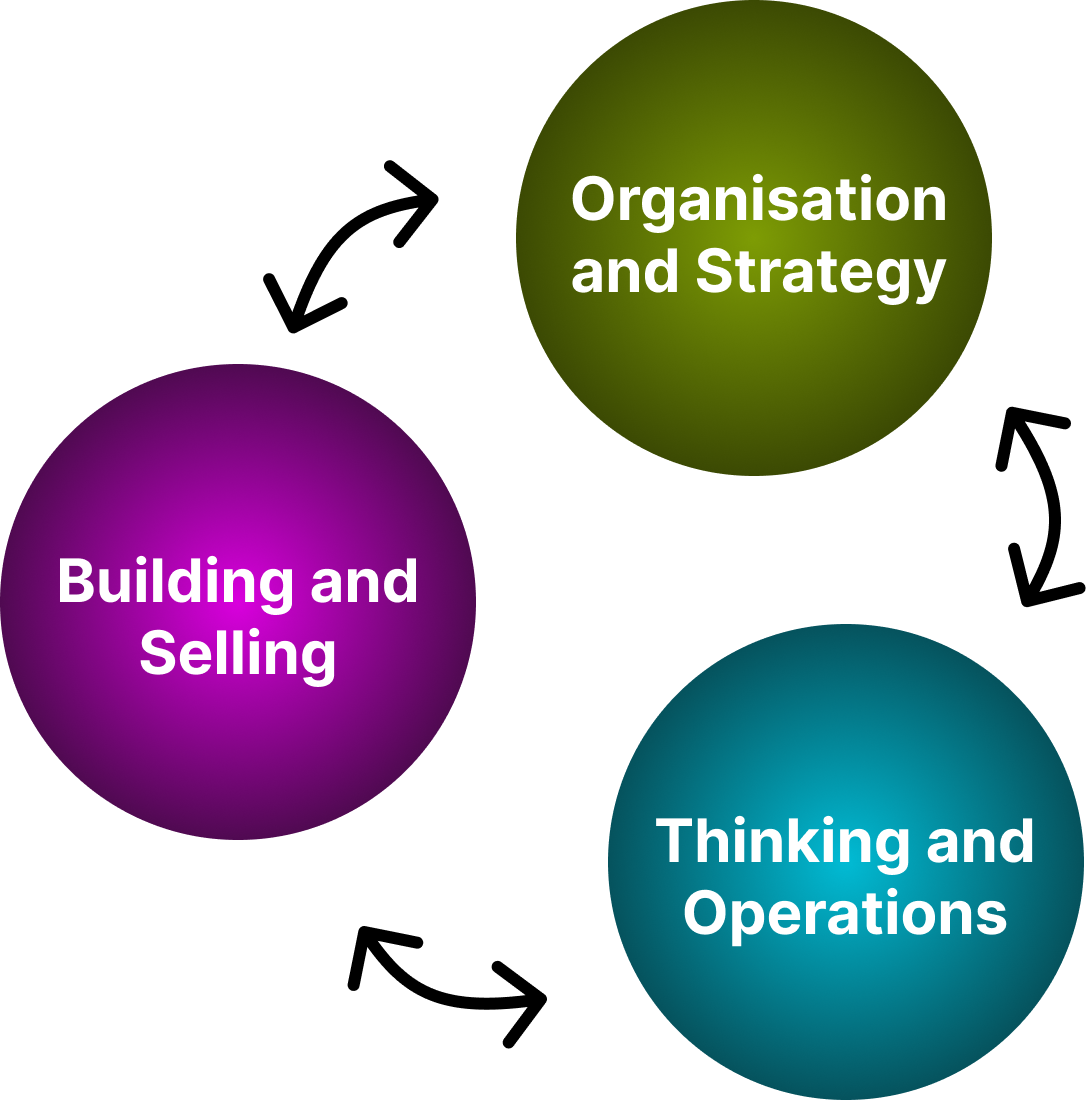
The function of “Thinking” is essentially a matter of skill. Which we think we have in abundance. This is our thinking you are reading. And this can be based on the human experience and effort that goes into exploring the workings of things and humans. There is no end to this, and too much of it gives regressive results. Until you are able to take your time, you would crash into mental madness and nothing more.
Let’s say you want to understand the “hierarchy of needs”, you have to spend time in examining it, so that it becomes part of your thinking.
In the present Thinking - Outcomes
Focusing on outcomes doesn’t mean going towards a fixed outcome, it means allowing yourself to view things from a standpoint which is in the present looking towards a future that could occur at relevant milestones or simply daily. It is to stop focusing on the output, which you might think is some equation from the inputs. You can be free from the fixed mindset. Open to changing inputs, as time passes, to change the output which is my understanding of definition of an outcome. Focusing on the outcome hence again doesn’t mean going towards a fixed milestone.
In the future thinking - OKRs (vs Outcomes)
See OKR’s are a not about a fixed mindset either, they are there to move the team together, they are a collaboration tool. They are a management tool, which guide activity and not individual “building work”.
Building work is what you are assigned to accomplish in your role which is affected by other factors in play.
With OKR’s you are to know if your work is going towards something that others can use, is it presented in common lisp. While what you actually understand about your work can be entirely different. How you make it happen can be completely unknown, only the objective and key result parts of it needs common language.

